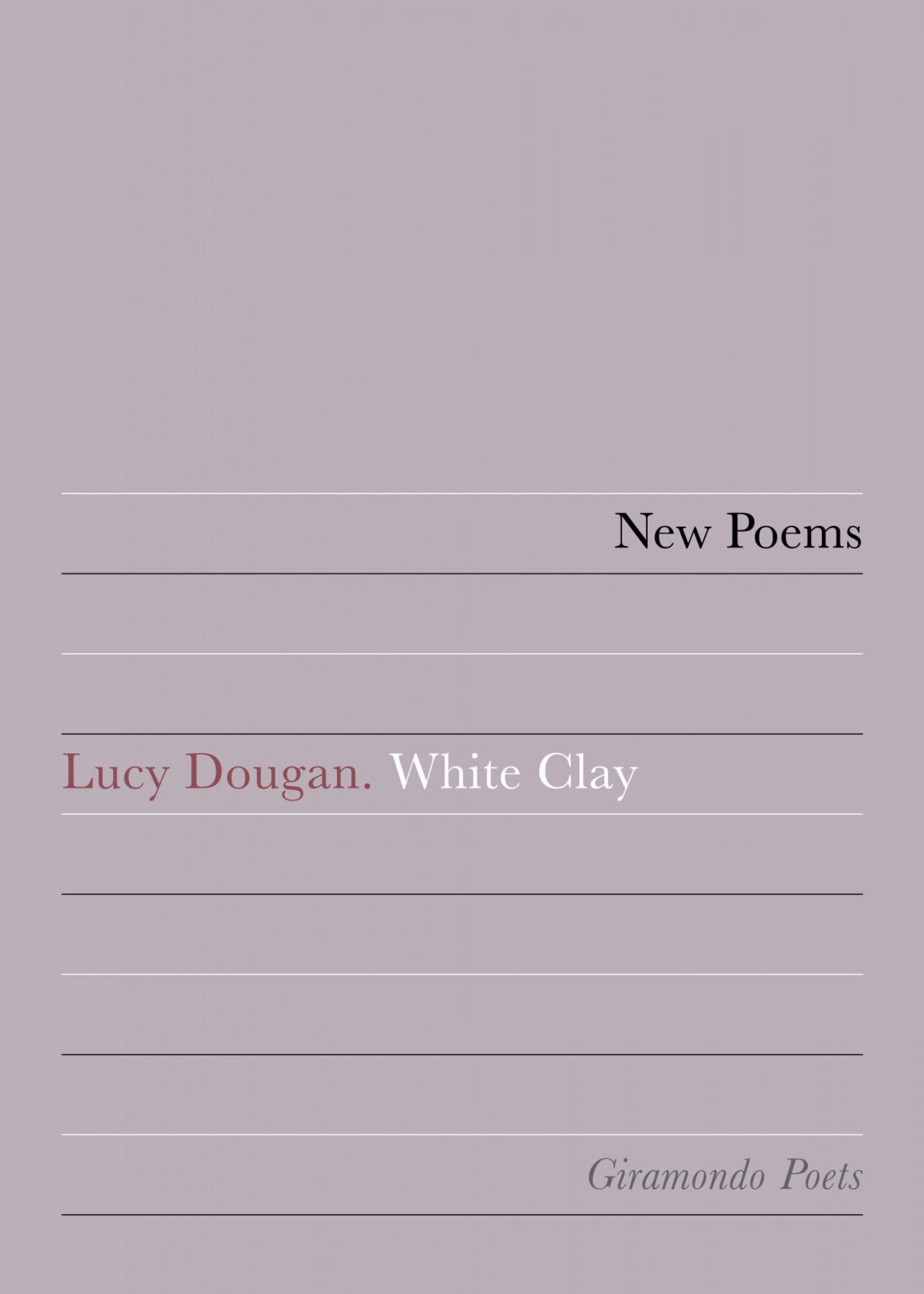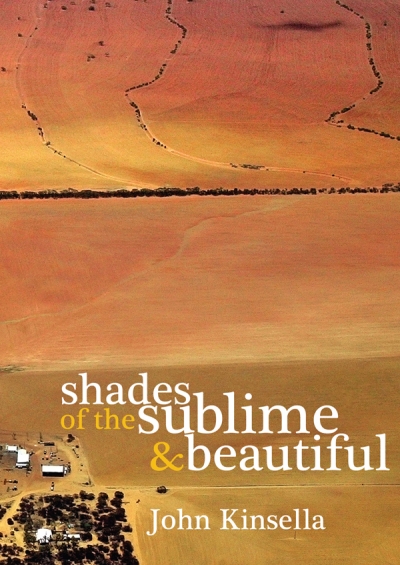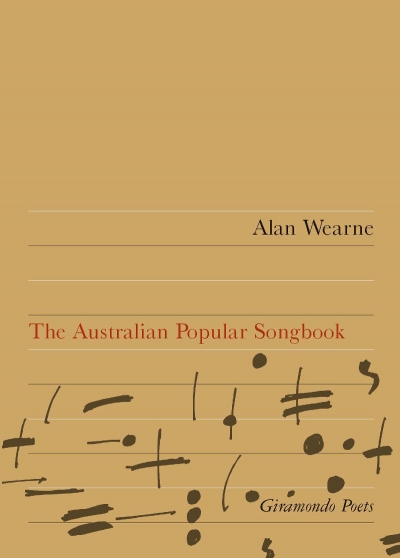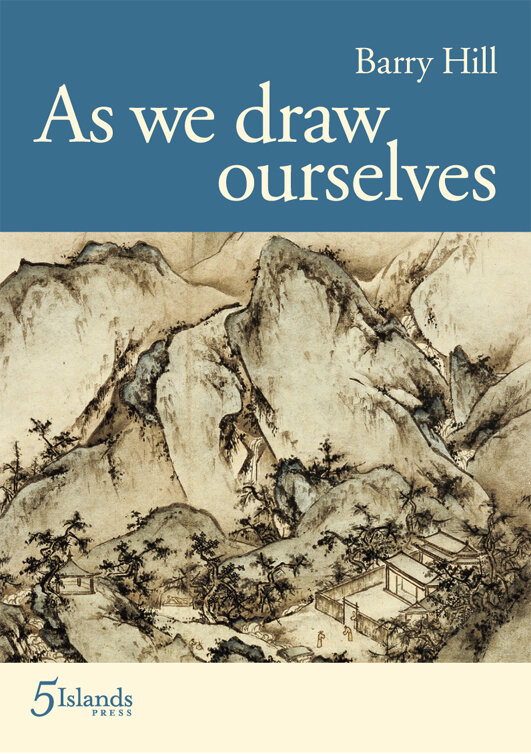Poetry
Lucy Dougan’s recent collection of poetry, White Clay, demonstrates a considerably wider range than her first collection, Memory Shell (1998), while reaffirming how centrally preoccupied her poetry is with the potency of lost time, and also with finding the truth behind appearances, locating what is hidden or marginal and tracking down family ghosts.
... (read more)Another poet might invoke Edmund Burke’s famous treatise on the Sublime and the Beautiful as a piece of phraseology or a pleasing adornment, but with John Kinsella, such a title is dead serious. Elliot Perlman’s superb novel Seven Types of Ambiguity (2003) ingeniously makes the reader think of William Empson’s, and the idea of plural signification it evokes, but not instantly to reread it. Kinsella’s use of Burke’s title prompts one to reread the original – ideally, in a Kinsellan métier, on the internet, late at night. Additionally, the ‘shades’ in Kinsella’s title is an important supplement – shades as variations, colourings, but also shadows, undertones.
... (read more)I’ve been woken up
by a red wattle bird
flinging himself
at the glass
of my half-open window
calling throatily
with raucous cheek
as he prances the wood
of my balcony rail ... (read more)
Having spent two decades or more writing massive verse novels – The Nightmarkets (1986) and The Lovemakers (2001, 2004) – it may seem that Alan Wearne, with his latest book of poetry, The Australian Popular Songbook, has finally returned to smaller forms and, as suggested by the title, a more lyrical idiom. But, as always with Wearne’s work, things aren’t that simple. The smaller forms were already present in the verse novels in the form of sonnets, villanelles and other verse forms buried in the sprawling architecture of the works’ narratives. The ‘lyrical idiom’ of The Australian Popular Songbook is ambiguous at best, offset as it is by Wearne’s characteristic attraction to the dramatic monologue, satire, vernacular culture and wrenched syntax.
... (read more)But desire is foolish / In the face of fate. / Yet the blindest / Are sons of gods.
Hölderlin
Flying crow-wise over Germany to Russia, we have
set down in a hangar. The children stare at us.
Our persecution is a memory. I’m curious to know,
now we fly from land to land seeking comfort,
what it takes to cure lack once and for all.
Coveting, they say, is the chief antagonist
to any blooming of the heart’s contentedness –
It's not cynical to be wary
Of what comes next.
It’s life’s lesson
Engorged by the media
That small treasures – a leaf, a love –
Are flamed by match or missile,
Destined to be memories.
The title of this rich and varied collection of poetry by Philip Neilsen comes from a poem entitled ‘First Creative Writing Class’:
... (read more)I have only just begun to know
what a cloud is and could be.
Poetry comes without an alibi,
in lightning flashes of sanity.
If between one footfall and the next, the wind
can swivel and issue empty threats of rain,
for all we know this could be one of those days,
unpinpointable even in retrospect,
when a dimly held belief begins to melt,
say the belief that it’s somehow generous
to assume that everyone’s rather like you.
An open-ended day promising nothing,
but just as full of zipjams, language splashes
and thixotropic flows, lost somewhere between
the day you realised you wouldn’t always
have to pretend to be interested in X
(opera, hot cars, Buffy Summers, poetry)
Who exactly is available to tell us the story of our minds?
If I dream of an estuary called ‘Ephemeral Waters,’ an optimum of spectral love
anyone might allude to their misgivings. Or it’s interpersonal, the tide finds
its way round the three islands, flowing away from negative emotions, some remove
their shoes at the door, others talk of auras, or the portals of youth, the mark
This sixth poetry collection by Barry Hill is a fine, intense book of journeying and returns. Poems are based on pilgrimages made in the flesh (to Carrara, to Assisi, to Kyoto) and on those made in the mind as we visit works of art. But there is nothing blandly celebratory about these pilgrimages: the focus is always on the self of the journeyer. Indeed, at a deeper level, its poems are really about the experience of becoming, of being ‘drawn’. And one of the book’s central metaphors is the way there is a double process going on in the creation of the self: we emerge as human beings out of inchoate experience in the way that a sculpture emerges from stone; and, at the same time, we are shaped by the loved ones who surround us.
... (read more)





